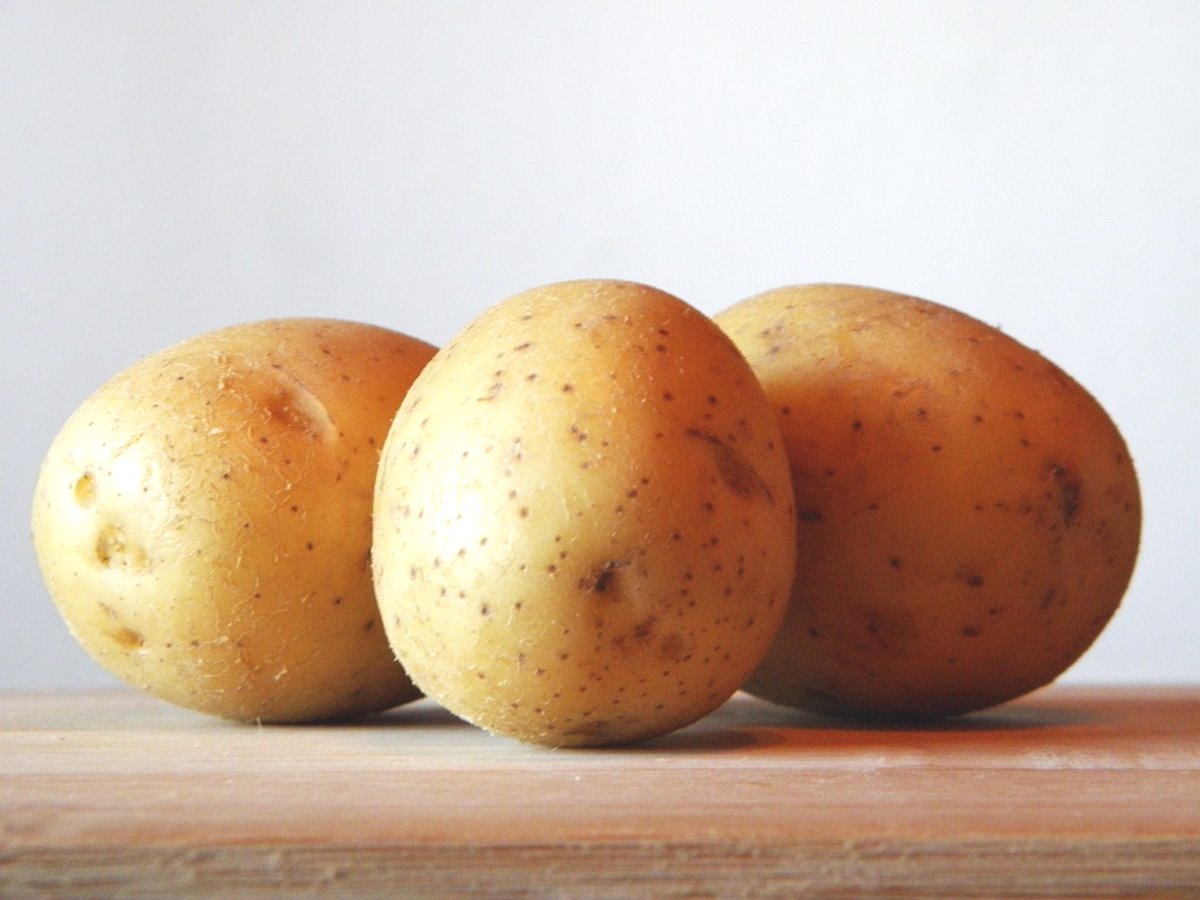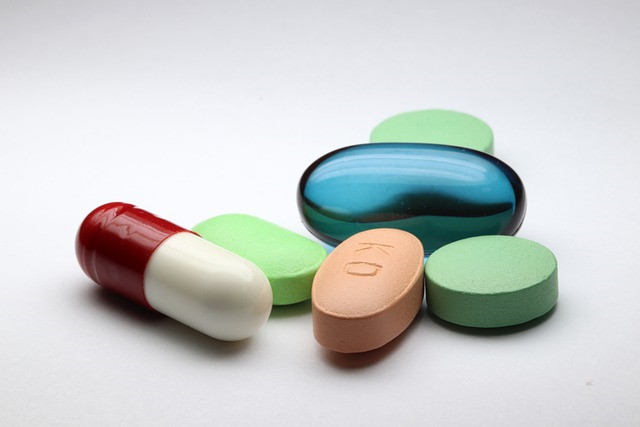A potato intolerance refers to the body’s inability to digest and process certain components found in potatoes. While potato intolerances are not widely recognized as well as other food intolerances like dairy, I believe it is essential that I share my knowledge and shed some light on this condition.
Get ready to learn the causes, symptoms, and treatment options available for this somewhat rare but life-impacting condition.

Table of Contents
Can you have an intolerance to potatoes?
Yes, it’s possible to have an intolerance to potatoes. A potato Intolerance means your body has difficulty digesting or processing the food. This can lead to various symptoms such as bloating, gas, or digestive discomfort after consuming potatoes.

Is a potato intolerance an allergy?
No, having an intolerance to potatoes differs from having a potato allergy. A potato allergy is a food allergy that triggers the immune system and causes an allergic response. On the other hand, a potato intolerance means that your body struggles to process potatoes but doesn’t involve immune system activation.
Potato Intolerance Causes

Potato intolerance can arise from various factors, with digestive enzyme deficiencies being one of the most common causes. It’s important to note that the causes can significantly differ among individuals sharing the same condition. Here is a list of the most common potato intolerance causes:
- Allergies: While potato allergies are less common than other food allergies, they can occur.
- Cross-Reactivity: People who are sensitive or allergic to other foods may experience cross-reactivity with potatoes due to similarities in food proteins.
- Digestive Conditions: Conditions like Irritable Bowel Syndrome (IBS) or Leaky Gut Syndrome (LBS), may be more susceptible to a potato intolerance.
- Digestive Enzyme Deficiency: Some people lack the specific enzyme, amylase, needed to break down certain components of potatoes.
- High FODMAPs: Potatoes are considered high in certain types of carbohydrates known as FODMAPs (fermentable oligosaccharides, disaccharides, monosaccharides, and polyols).
- Lectin Sensitivity: Some individuals may be sensitive or intolerant to lectins, which is a protein found in potatoes.
- Psychological Barrier: Consuming foods that your brain is telling you “no” to consuming, can cause real physical symptoms, even though your body may be able to digest the food just fine.
- Solanine Sensitivity: Potatoes contain solanine which is a natural toxin that can cause adverse reactions in some individuals. While frying potatoes reduces solanine levels, some people may still be sensitive to even low amounts.
Symptoms of a Potato Intolerance

Individuals with potato intolerance or sensitivity may experience a range of symptoms that can vary in intensity. It’s important to note that these symptoms can overlap with other gastrointestinal conditions. Here is a comprehensive list of potential symptoms associated with potato intolerance:
- Abdominal pain or discomfort
- Bloating
- Brain fog
- Constipation
- Diarrhea
- Gas
- Headaches
- Irritability
- Nausea
- Vomiting
People may experience a combination of these symptoms, and their severity may vary. If someone suspects they have a potato intolerance, seeking guidance from a healthcare professional is recommended for proper evaluation and management.
Diagnosis and Tests

Diagnosing a potato intolerance or potato sensitivity typically involves a combination of a medical history review, symptom analysis, and, in some cases, specific tests. Here are the common steps that a medical provider may take to diagnose a potato intolerance.
Clinical Assessment
A healthcare provider will gather information about your medical history, dietary habits, and the nature and duration of your symptoms. Be prepared to provide details about when the symptoms occur and any patterns you’ve observed.
Elimination Diet

The elimination diet involves temporarily removing potatoes and potato-containing products from your diet to see if your symptoms improve. If symptoms subside during the elimination period, and return when potatoes are reintroduced, it may suggest an intolerance or sensitivity to potatoes.
Food Diary

Keeping a detailed food diary can help track your dietary intake and symptoms over time. This can provide valuable information for the healthcare provider in identifying patterns and other potential food triggers.
Hydrogen Breath Test
In some cases, hydrogen breath tests may be conducted to diagnose a potato intolerance. These tests can help identify malabsorption of certain carbohydrates, such as those found in potatoes. Increased levels of certain gases in your breath may indicate incomplete digestion of these specific carbohydrates.
Blood Tests

Allergy testing may be recommended to rule out a potato allergy. Blood tests can detect the presence of specific antibodies related to allergic reactions. Depending on your symptoms and test results, you may have a potato allergy, not an intolerance.
Endoscopy or Colonoscopy

In more severe cases or when other health conditions are suspected, a healthcare provider may recommend procedures like endoscopy or colonoscopy to visually examine the gastrointestinal tract.
Treatment and Prevention
The primary treatment for potato intolerance involves avoiding foods that contain potatoes or potato-derived ingredients. Additionally, you should talk with your doctor or allergist so you can develop the treatment and prevention plan that works best for your individual needs.
Dietary Modifications
Eliminate all forms of potatoes from your diet, including baked potatoes, mashed potatoes, fries, and potato-based products. Be vigilant about reading food labels to identify and avoid hidden potato ingredients in processed and packaged foods.
Potato Intolerance Foods to Avoid

If you have a potato intolerance, it’s important to be mindful of your diet and avoid foods that may trigger adverse reactions. Here is a list of foods and food categories to consider avoiding:
- Certain Alcoholic Beverages: Some vodkas and spirits may be distilled from potatoes.
- Certain Vegetarian and Vegan Products: Some meat substitutes, vegetarian burgers, or vegan products may use potatoes or potato starch as a binding or filler agent.
- Gluten-Free Products: Certain gluten-free or alternative products may use potatoes as a primary ingredient.
- Packaged Soups and Sauces: Some packaged soups, sauces, and gravies may contain potato starch or other potato products. Choose options without potatoes.
- Potatoes in All Forms: This includes baked potatoes, mashed potatoes, french fries, potato chips, and any dishes or products containing potato-based ingredients.
- Prepared Meals: Ready-made meals, especially those with sauces or coatings, may use potato-based ingredients for flavor or texture.
- Processed Foods: Many processed and packaged foods contain potato starch, potato flour, or other potato-derived ingredients.
- Restaurants and Fast Food: When dining out, inquire about ingredients and preparation methods.
- Snack Foods: Snack foods like potato chips and some crackers often contain potato ingredients. Opt for alternative snacks that do not contain potatoes.
In general, it’s crucial to thoroughly examine food labels for concealed potato ingredients. Seeking guidance from a registered dietitian is an excellent choice for receiving personalized advice tailored to your individual dietary requirements.
Consult a Dietitian

Seek guidance from a registered dietitian to create a well-balanced and nutritious diet that meets your specific dietary needs, while avoiding potatoes. During your appointment, consider discussing substitute ingredients for potatoes.
Your dietitian may also recommend that you start a food diary. A food diary can help with creating a customized food plan and also identify potential potato sensitivity or intolerance triggers. This information can be very useful for your doctor and dietitian.
Use of Over-The-Counter Medications

Over-the-counter medications may help alleviate specific symptoms such as bloating or gas but will not cure your potato intolerance. The most common OTC medicines for food intolerances are Gas-X® (simethicone), Pepto Bismol® (Bismuth subsalicylate), and Maalox® (aluminum hydroxide & magnesium hydroxide). However, it’s important to consult with your doctor before using any medications.
Summary
Potato intolerance, different from an allergy, leads to digestive issues such as bloating. Possible causes involve enzyme deficiencies and allergies, yielding diverse symptoms. The key to symptom prevention lies in avoiding foods containing potatoes.
What has been your experience with potato intolerances? Or now after reading this article, do you think that you might have a potato allergy?
Let me know your story via email: Chris@allergypreventions.com. Thank you for stopping by!
